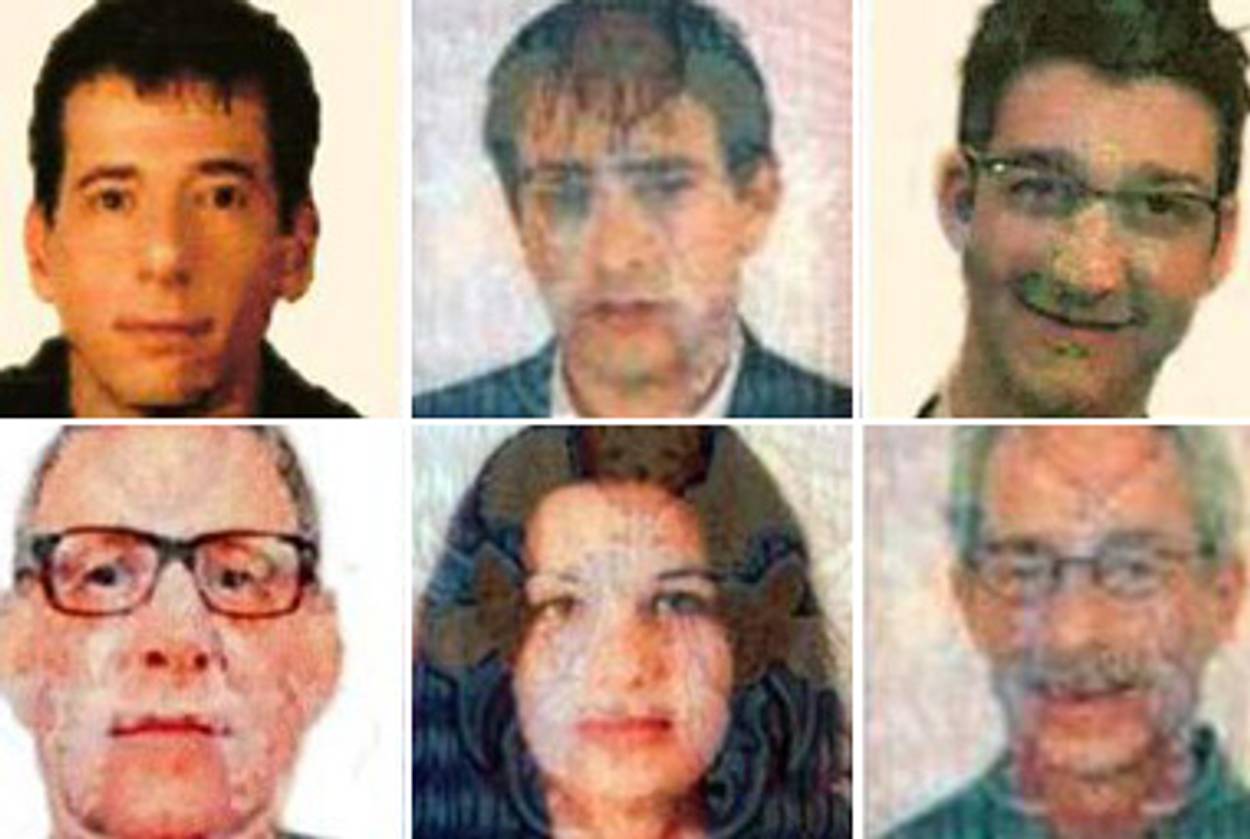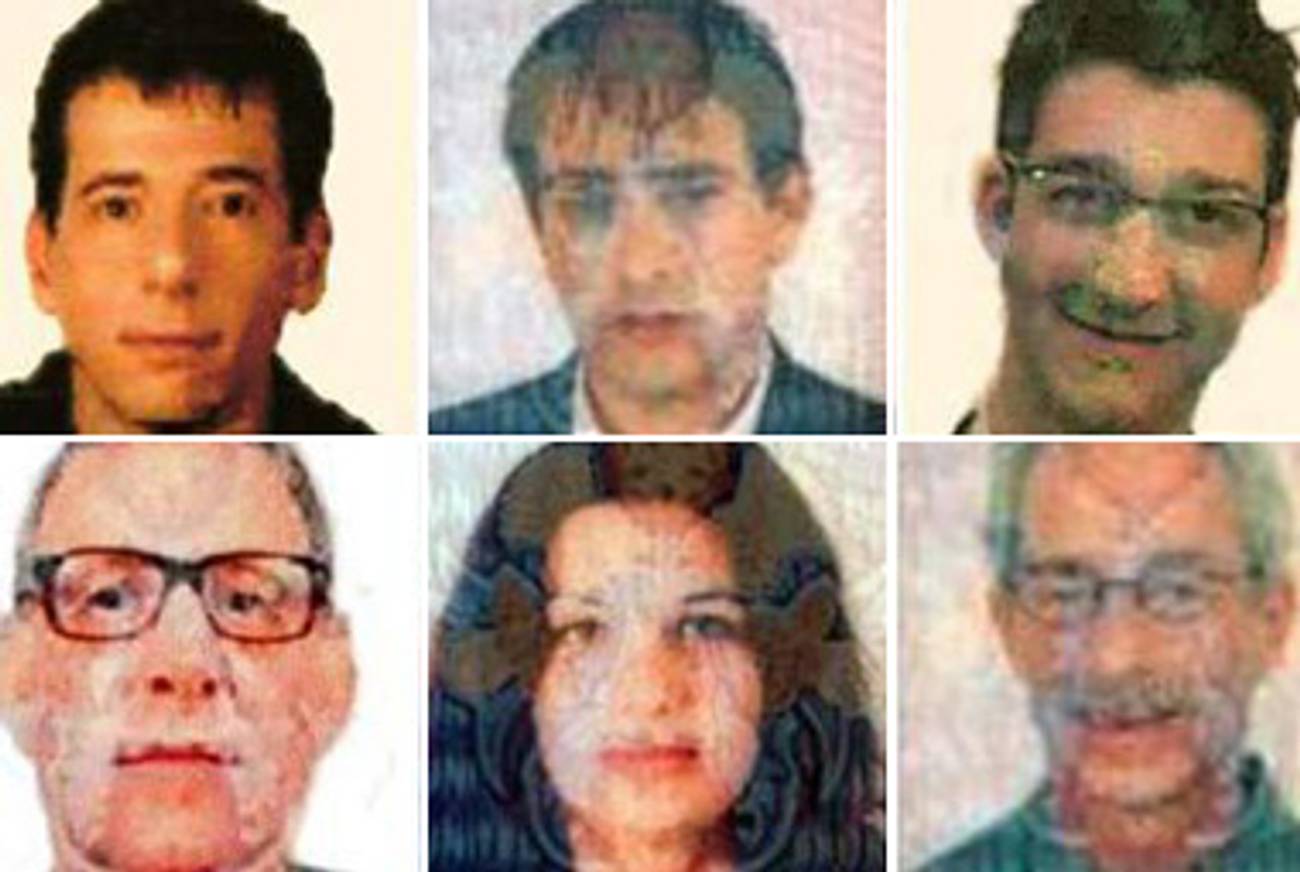The Dubai Assassination, One Year Later
Was it a failure? ‘GQ’ seems to think so




As someone who closely followed Mossad’s sensational January 2010 assassination of Mahmoud al-Mabhouh, a primary Hamas weapons procurer, in Dubai, l was excited to read GQ’s glossy treatment of the affair, penned by Yediot Ahronot reporter Ronen Bergman. (For the record, Mossad will neither confirm nor deny its involvement.) However, I was disappointed. Those who missed the story last year will enjoy the tick-tock of the assassination itself. But Bergman’s piece implies that the mission was fundamentally a failure, an argument I can’t find sustainable.
Bergman is misleading in implying that he has dug up substantial new information about the plot (“In the course of reporting this story, GQ has learned … ” ). Actually, we already knew most of the details of the plot—since most of these details were uncovered via Dubai’s own extensive security-camera system. And other elements were reported out over the past 12 months, among others by Tablet Magazine’s own Judith Miller.
The bigger deal is Bergman’s argument that this was a “bungled operation.” “Why did the Mossad permit things to go so wrong in Dubai?” he asks. He calls it “the Dubai fiasco.” You would think al-Mabhouh were sitting on a nice beach somewhere—or, worse, that he were still in Damascus, helping facilitate the shipment of Iranian arms to Hamas in Gaza. In fact—and as I wrote at the time—like Generalissimo Francisco Franco before him, al-Mabhouh is still dead. You can argue that Israel’s extensive assassination policy is wrong, or immoral, or counterproductive, but Bergman doesn’t—he seems to think, rather, that the Dubai mission was a failure on its own terms, when in fact, while it was far from perfectly executed, I don’t see how you can argue that it wasn’t accomplished.
More specifically, Bergman wants to paint the operation as a failure for Meir Dagan, Mossad’s just-departed former chief, and perhaps the thing that drove him out after a largely successful term. Bergman’s case is that the unprecedented revelations about Mossad’s operation and even personnel, which came about due to subsequently exposed phony passports, both embarrassed Israel and enraged allies like Britain and Germany whose official documents were faked for the mission. “Because Dagan refashioned the Mossad in his own image, and because he drove out anyone who was willing to question his decisions,” Bergman argues, “there was no one in the agency to tell him that the Dubai operation was badly conceived and badly planned.” (Again, you would think al-Mabhouh survived.)
But even as Bergman is describing “one of the most serious mistakes made by the planners of the operation—certainly the one that caused the greatest embarrassment to the Mossad and to Israel—[which] involved the use of forged foreign identities,” he is also noting Mossad’s “unique problem,” which is that its spies may not use Israeli passports where German or British or American spies can use German or British or American passports, because Israel does not have diplomatic relations with several key countries (such as Dubai’s United Arab Emirates). I am not sure how Bergman can mention this yet not suggest that it is quite plausible that Mossad, knowing this problem, simply did a cost-benefit analysis and calculated that the cost of the blown covers were worth the benefit of killing al-Mabhouh.
Similarly, Bergman points to “the now seemingly insurmountable problem posed by twenty-first-century counterespionage systems.” But surely Israel was aware of this “problem.” Maybe the fact that they went ahead with the operation is proof simply of how much al-Mabhouh was worth to them dead? And, again: “Insurmountable”? Al-Mabhouh is no more! He has ceased to be! This is an ex-person! (I don’t mean to be glib with what is after all a human life, but, first, al-Mabhouh was reportedly a nasty terrorist, and, second, I really do wonder if Bergman always kept in mind that the mission was successful in its ultimate objective.)
There are such things as bungled missions—Bergman reports that in the ’70s the same super-elite Mossad squad, called Caesarea, targeted the head of Black September, the Palestinian terrorists that killed the Israeli Olympic athletes in Munich, but instead killed a totally innocent waiter in Norway. That is a “fiasco,” and it was specifically not repeated this time, in part because members of the assassination squad made as many as five prior trips to Dubai to confirm that the man they believed to be al-Mabhouh in fact was al-Mabhouh. So, the “Dubai fiasco”? Bergman and his editors, publishing for a mainstream American audience that likely has only faint knowledge of the whole affair before reading this article, should have chosen a more understated word to describe what messily, imperfectly, but in the end successfully went down in Dubai.
The Dubai Job [GQ]
Related: Assassination Tango [Tablet Magazine]
Murder in Dubai [Tablet Magazine]
Marc Tracy is a staff writer at The New Republic, and was previously a staff writer at Tablet. He tweets @marcatracy.